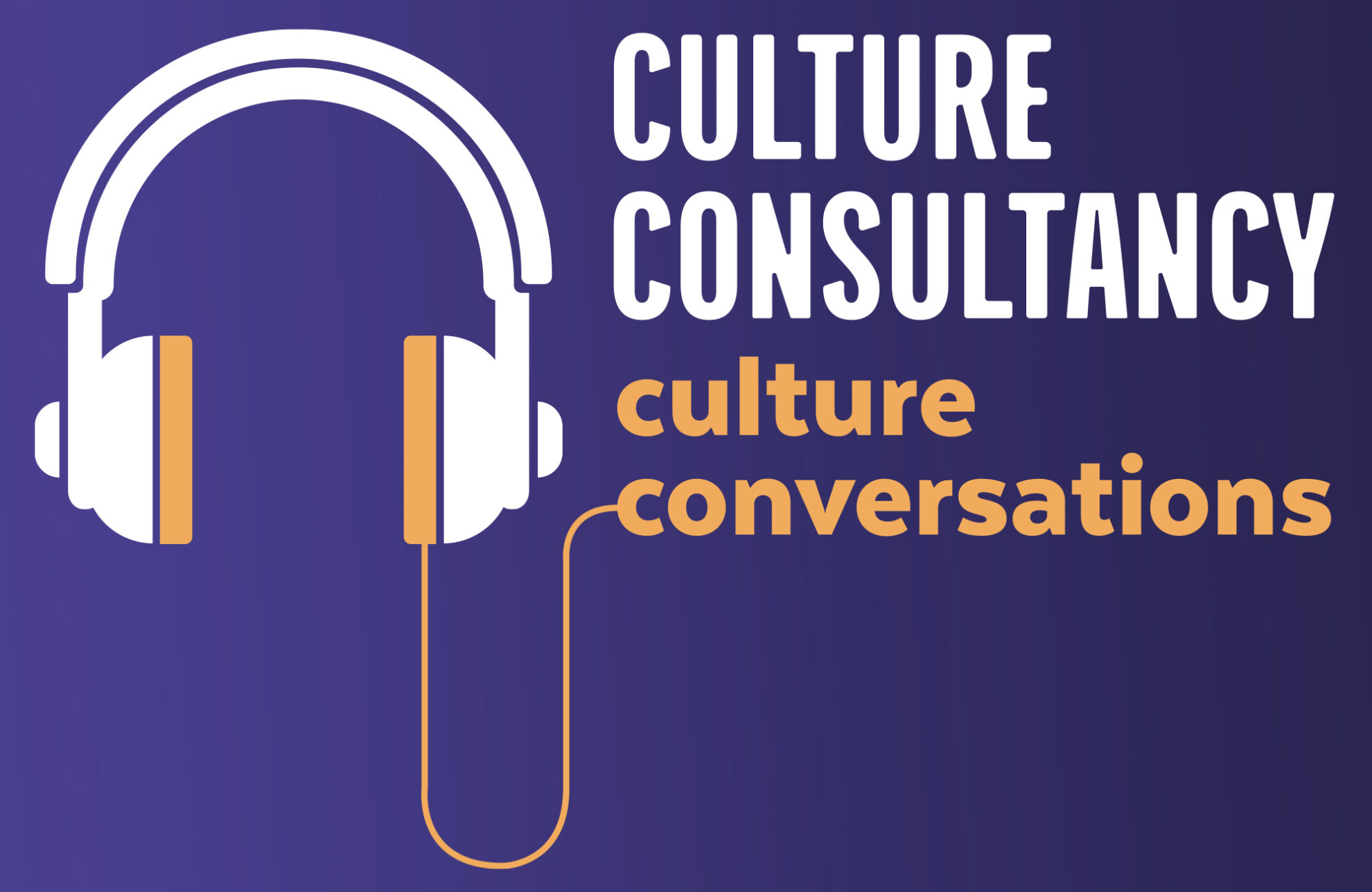Equality, diversity and inclusion: Kalor Consultancy surgery. In Conversation with… Nicola Cardwell, Susan Popoola and Chris Wright
There’s been a surge in mergers in acquisitions due to low interest
rates, abundant investment capital and recovering economies –not to mention the pandemic
forcing businesses to pivot and adapt strategically.
Active Campaign
recently acquired Postmark and DMARC Digests, and Noble Corporation
is set to merge with
Maersk Drilling
. The success of these M &As is yet to be seen, but it’s a
well-documented fact that more than
70% of mergers and acquisitions fail and that 83% of mergers don’t
boost shareholder returns
. The problem? It all comes back to culture.
why M &As fail
When businesses are combining forces, it’s often viewed purely from a
business perspective – to increase market share, to bring new products to market,
to increase operational capacity, to achieve cost efficiency
, and to create a strategic advantage. For example – it would make
sense that a small, local snack brand wants to be acquired by a large global corporation with
a big market share so that they can get the snacks more widely distributed.
For the corporation, they are buying into innovation and owning niche
parts of the market –it just makes business sense.
It may make business sense, but you can almost guarantee that the
cultures, employee experience and ways of working will be completely different between the
two. For these two businesses to come together and be successful, there will need to be one
new aligned business culture. The business has to shift, the leaders have to shift, the
employees have to shift, and so do the processes and ways of working (
unless it’s an intentional decision to not integrate but run them as
standalone). It’s a big transformation and it’s not as simple as signing the documents and
getting everyone together and getting on with it.
Venture Capital
and Private Equity firms do their due diligence business-wise.
Weighing up all the possible risks, and opportunities, and planning how the businesses will
function in their new guise. But what’s
often
not considered in enough detail is the culture.
It often falls under
operations, but culture is about the people, the ways of working, the
behaviours, attitudes, mindsets and the everyday experience of the business. And this is what
makes a business thrive or die – not giving it enough attention or failing to focus on the
people aspects at all is what will ultimately cause your M &A to fail.
failure doesn’t have to be an option
Culture isn’t part of the due diligence businesses do pre-M &A
and it’s simply seen as a ‘nice to have ’. But, is your bottom line really a ‘nice to
have’?
